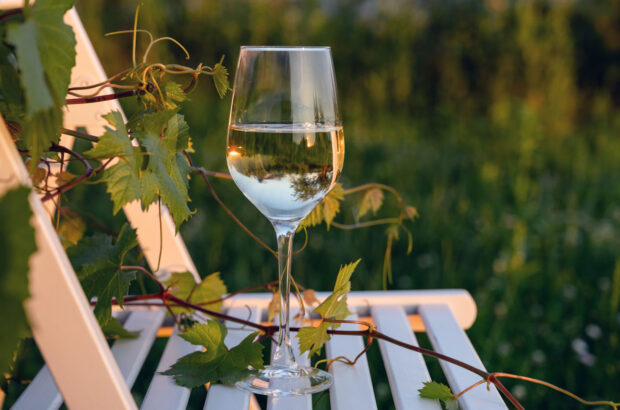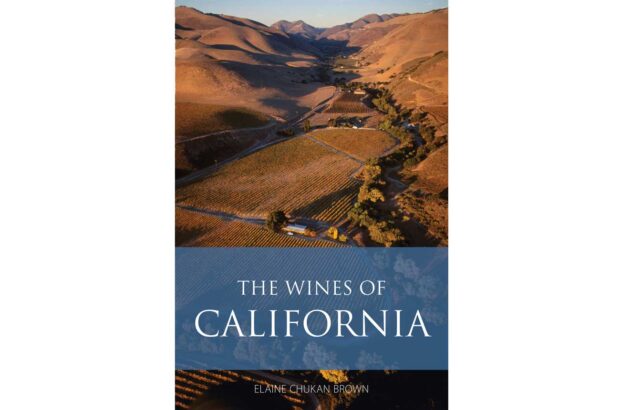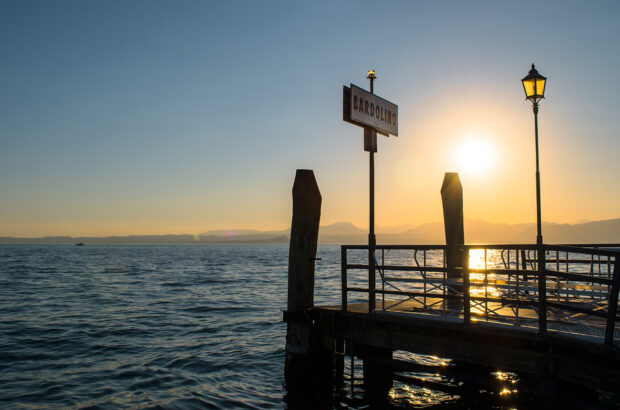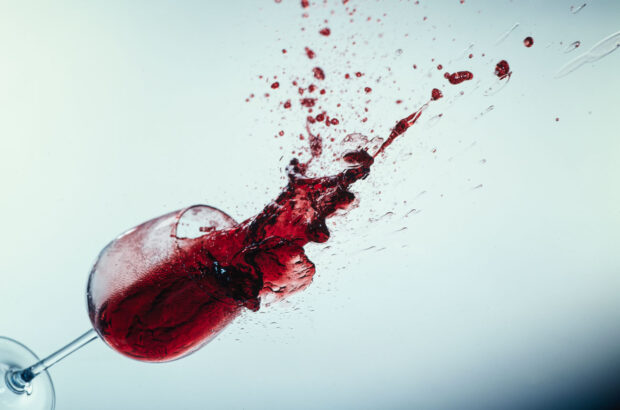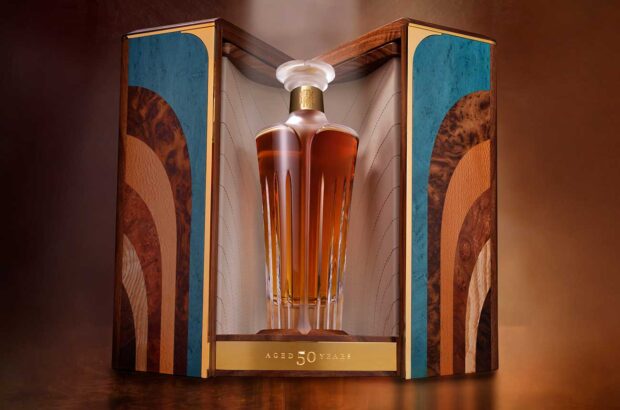St Emilion Grand Cru Classé estate Chateau Fonplegade has received organic status from certification agency EcoCert.
Chateau Fonplegade in St Emilion (Image: www.fonplegade.com)
The estate’s new status will appear on labels from the 2013 vintage and will read ‘issued from organic agriculture’ – a change from the previous ‘grapes issued from organic agriculture’ to bring wine in line with other organic products.
Chateau Fonplegade had been working towards full organic farming since American investors and philanthropists Stephen and Denise Adams became owners in 2004.
Eloi Jacob, director of Fonplegade, told decanter.com: ‘The Adams want to do this not for commercial but philosophical reasons. We stopped all chemical treatments in the vines from 2004, went 100% organic in 2007 and began the certification process in 2010.
‘In the future we may move further towards biodynamic farming also’ he added.
The Adams’ US vineyard in Howell Mountain in Napa Valley is also certified organic certified and farmed biodynamically.
Chateau Fonplegade joins other organically certified Bordeaux classified properties Chateau Guiraud, Chateau Fonroque and Chateau Pontet Canet, with several others in conversion, including Chateau Durfort Vivens in Margaux.
Clos Plince in Pomerol and Chateau Brandeau in Cotes de Castillon also have official organic status.
The organic certification covers both vineyards and cellars, governing factors including products used, types of filtration and fining and sulphur levels, which are around 65% of the allowable amounts in traditional winemaking.
Written by Jane Anson



